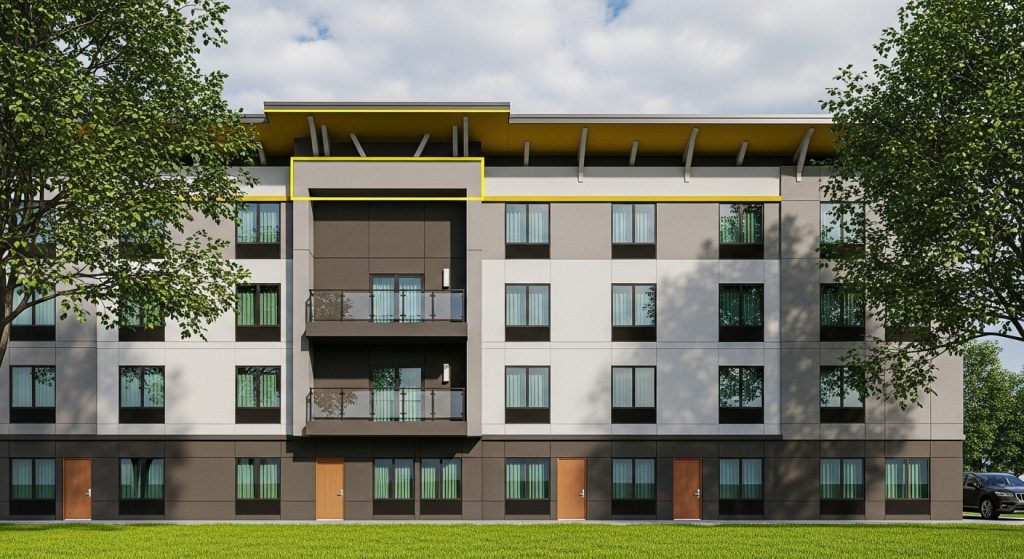Building Nigeria's Future: The Construction Industry Landscape
Nigeria’s construction industry stands as one of Africa’s most dynamic and rapidly evolving sectors. As the continent’s largest economy continues to expand, the demand for infrastructure development, residential housing, and commercial projects has never been higher. This comprehensive overview explores the current state, challenges, and opportunities within Nigeria’s construction landscape.
The Current State of Nigeria's Construction Industry
The Nigerian construction sector contributes approximately 3-4% to the country’s GDP, employing millions of workers across various skill levels. From Lagos megaprojects to Abuja’s expanding infrastructure, construction activities span across all 36 states, driven by both government initiatives and private sector investments.
Key Market Drivers
Population Growth and Urbanization: With over 220 million people and rapid urban migration, Nigeria faces an estimated housing deficit of 28 million units. This massive gap presents unprecedented opportunities for residential construction companies and real estate developers.
Government Infrastructure Programs: The Federal Government’s infrastructure development agenda, including road construction, bridge projects, and airport modernization, continues to fuel industry growth. State governments are equally investing in local infrastructure to boost economic development.
Private Sector Investment: International construction companies and local firms are increasingly partnering on major projects, bringing advanced construction technologies and project management expertise to the Nigerian market.
Major Construction Projects Shaping Nigeria
Transportation Infrastructure
The Lagos-Ibadan Railway project exemplifies Nigeria’s commitment to modern transportation infrastructure. Additionally, the ongoing construction of the Second Niger Bridge and various expressway projects across the country demonstrate the scale of current construction activities.
Commercial and Residential Development
Lagos State leads in high-rise construction and mixed-use developments, with projects like Eko Atlantic City setting new standards for urban planning and construction quality. Similar developments are emerging in Abuja, Port Harcourt, and other major cities.
Industrial Construction
The construction of manufacturing facilities, particularly in the textile, cement, and oil refining sectors, continues to drive industrial construction demand. The Dangote Refinery project stands as a testament to Nigeria’s industrial construction capabilities.
Challenges Facing the Construction Industry
Funding and Finance
Access to affordable construction financing remains a significant challenge. High interest rates and limited access to long-term credit affect both construction companies and end-users seeking mortgages.
Material Costs and Supply Chain
The cost of construction materials, particularly imported items like steel and specialized equipment, significantly impacts project budgets. Currency fluctuations and import duties further complicate cost management.
Skills Gap and Training
While Nigeria has a large workforce, there’s a notable gap in skilled construction workers, project managers, and engineers familiar with modern construction techniques and safety standards.
Regulatory Environment
Navigating building approvals, environmental clearances, and various regulatory requirements can be complex and time-consuming, affecting project timelines and costs.
Opportunities and Future Outlook
Technology Integration
The adoption of Building Information Modeling (BIM), prefabricated construction methods, and sustainable building practices presents opportunities for construction companies to improve efficiency and competitiveness.
Green Building Movement
Growing awareness of environmental sustainability is driving demand for eco-friendly construction materials and energy-efficient building designs.
Public-Private Partnerships (PPP)
Government initiatives to involve private sector participation in infrastructure projects create opportunities for innovative financing and project delivery models.
Regional Expansion
Nigerian construction companies are increasingly looking beyond domestic markets, with opportunities emerging across West Africa and other African regions.
The Road Ahead
Nigeria’s construction industry is poised for continued growth, driven by demographic trends, urbanization, and government infrastructure priorities. Success in this dynamic market requires adaptation to changing technologies, sustainable practices, and innovative project delivery methods.
Construction companies that invest in skills development, embrace technology, and maintain high safety and quality standards will be best positioned to capitalize on the numerous opportunities ahead.
The industry’s contribution to job creation, economic development, and improved living standards makes it a critical sector for Nigeria’s continued growth and development aspirations.


